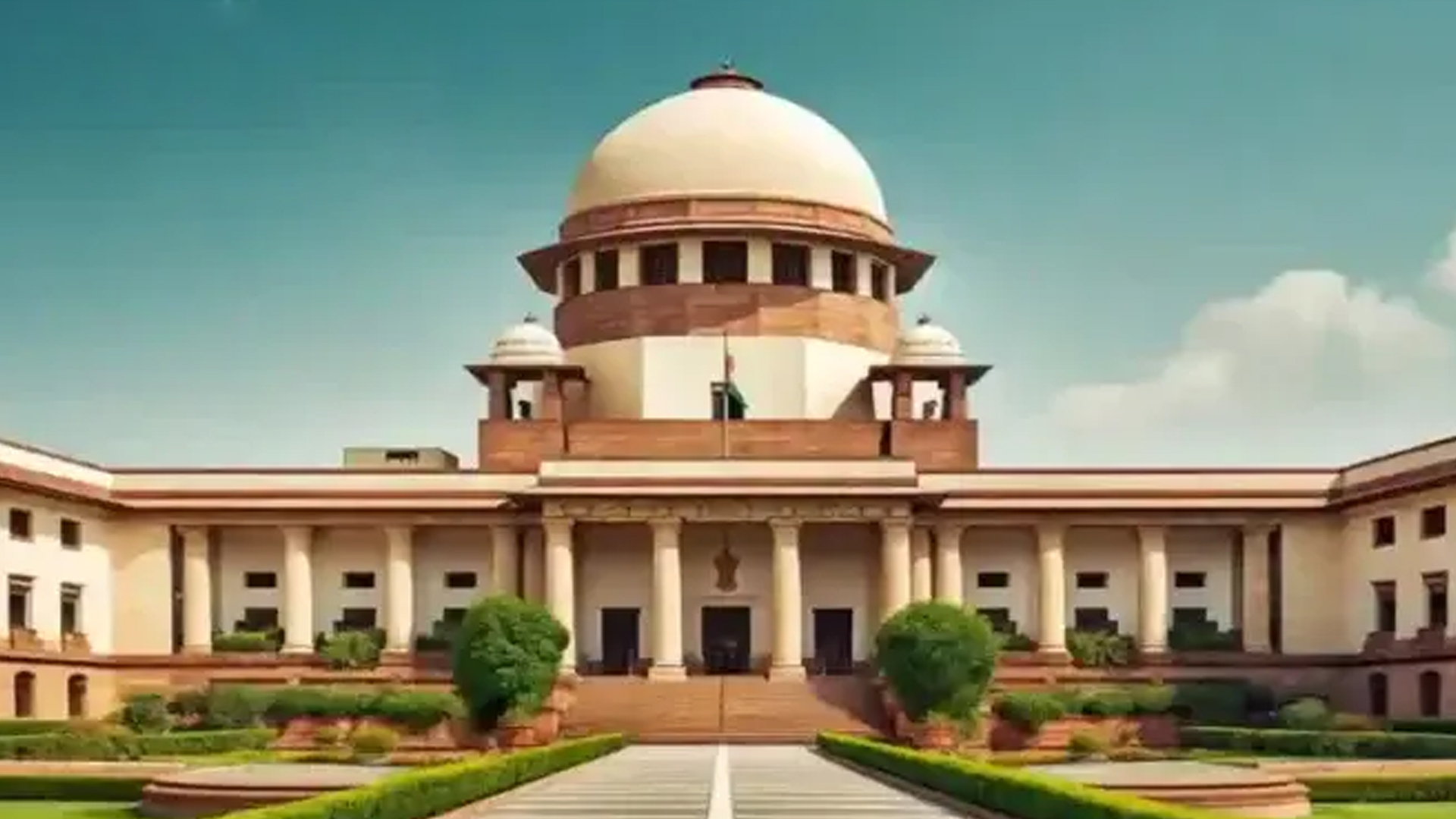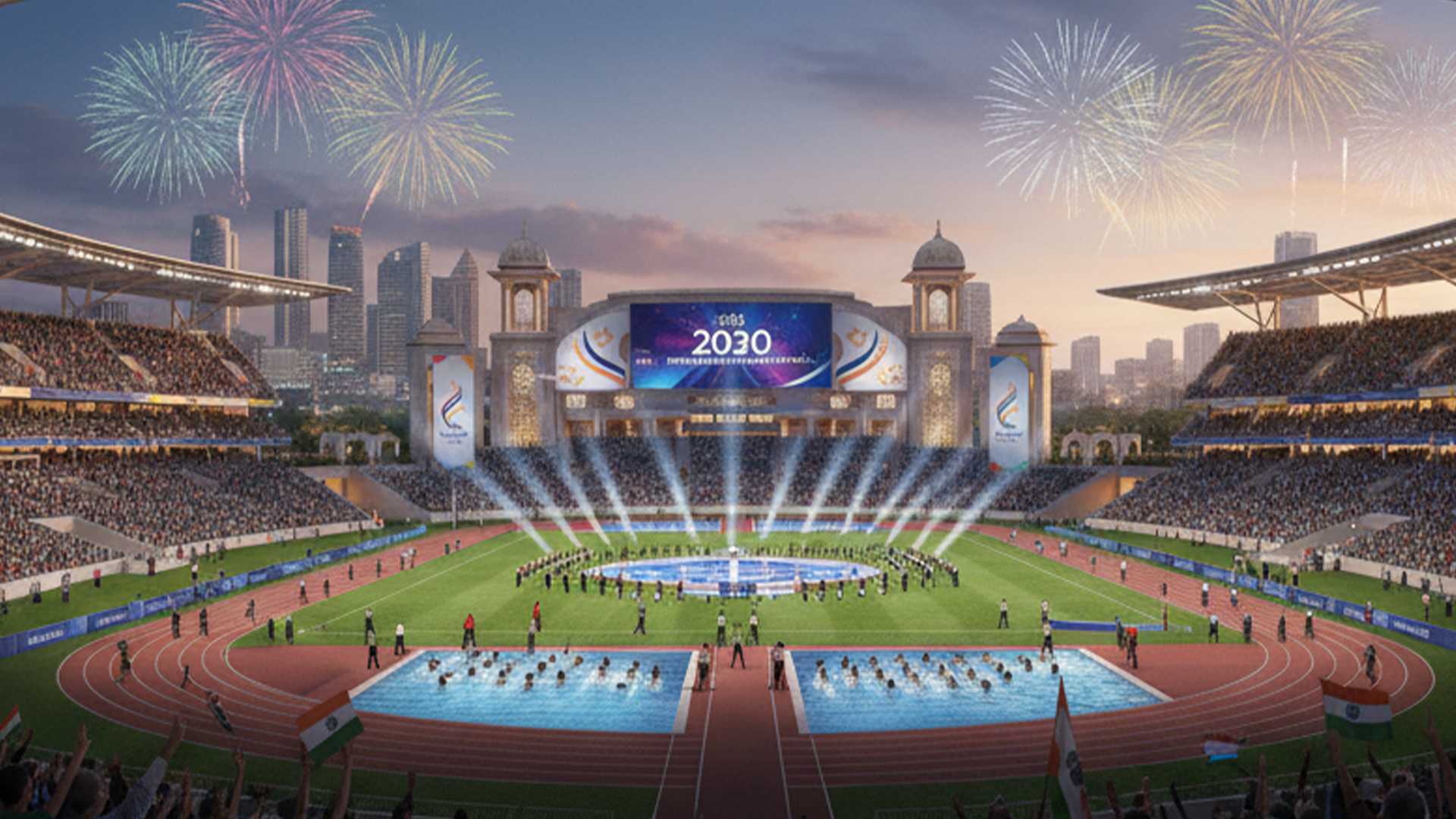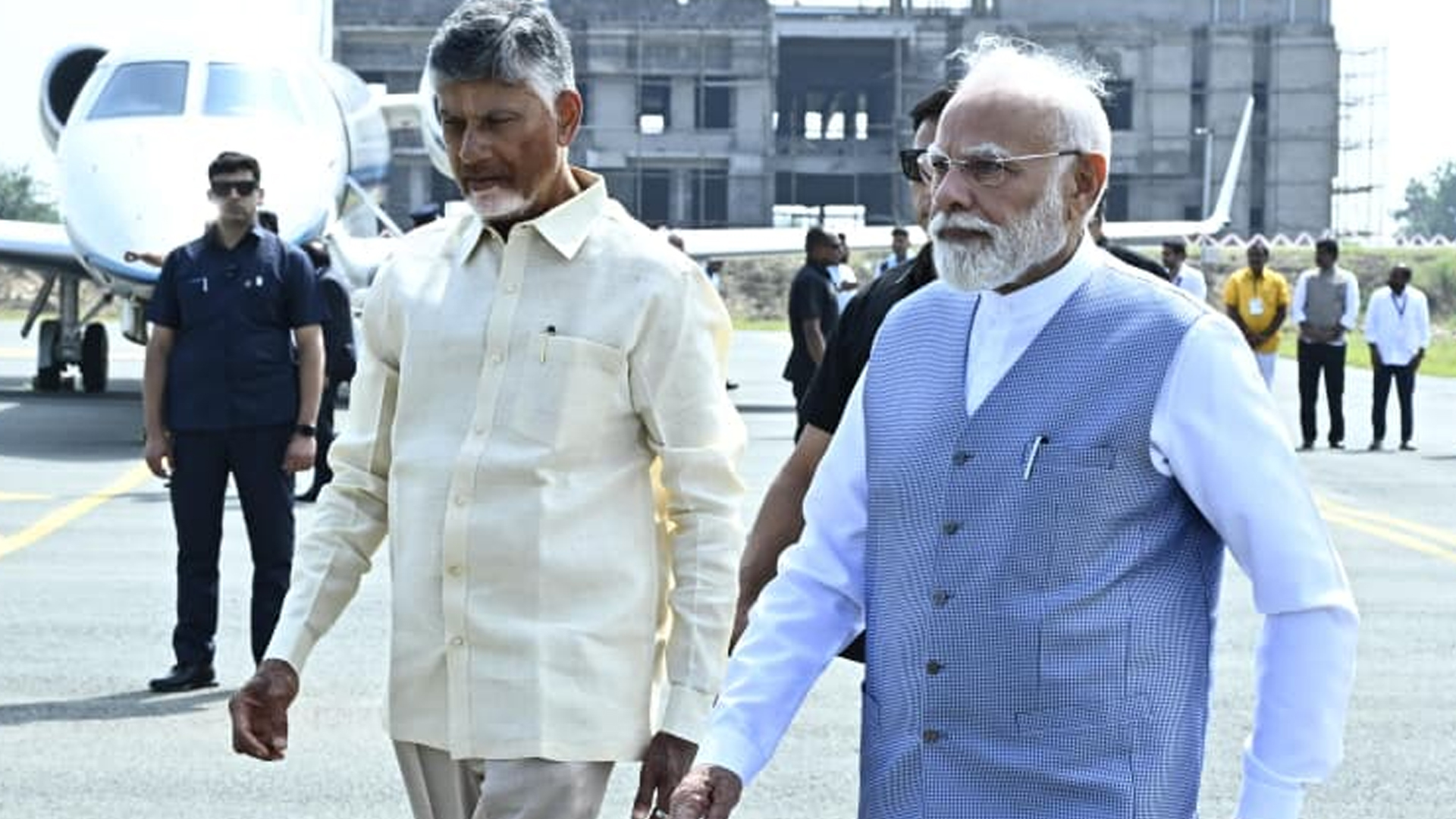The Supreme Court on Thursday, October 16, 2025, dismissed the Telangana Government’s plea challenging a High Court order that stayed a government order providing 42% reservation to Backward Classes (BCs) in local bodies. A Bench of Justices Vikram Nath and Sandeep Mehta rejected the State’s plea against the High Court’s October 9 order, upholding the stay on the enhanced reservation policy.
The Supreme Court noted that Telangana had failed to justify exceeding the 50% ceiling on total reservations, which was set in earlier rulings, including the Vikas Kishan Rao Gawali case. The government had argued it had conducted the “triple test” by appointing a special commission to study BC socio-economic conditions and cited flexibility in the 50% limit, including EWS quota precedents. However, the court held that the state had not established any exceptions in this case and that the enhanced 42% BC quota would raise total reservations to 67%, breaching constitutional limits.
The court also clarified that its order did not stay local body elections themselves. In the absence of conditions to conduct the triple test, the Election Commission may treat proportional seats as open category and proceed with elections, ensuring that the constitutional limit on reservations is maintained.
High Court Order on Telangana Local Body Polls
The Telangana High Court, in its October 9 order, had stayed Government Orders 9, 41, and 42, which provided for the 42% BC quota and outlined the election schedule. A Bench of Chief Justice Aparesh Kumar Singh and Justice G.M. Mohiuddin emphasized that the stay applied only to the enhanced reservations, not the election process. The court allowed the State Election Commission to notify seats as open category and conduct elections under the previous reservation pattern, where SCs had 15%, STs 10%, and BCs 25%, keeping the total within the 50% ceiling.
Petitioners had challenged the September 26 government order, arguing that the proposed BC quota would dilute political representation for indigenous communities and breach the Supreme Court-mandated limit. The High Court directed the state to file its response within four weeks while ensuring that elections proceed.
With the Supreme Court’s dismissal of the state government’s plea, local body elections in Telangana can now move forward without implementing the 42% BC quota, maintaining judicial oversight over reservations and adherence to constitutional limits.
Also Read: Meta AI Adds Actress Deepika’s Voice In 6 Countries





